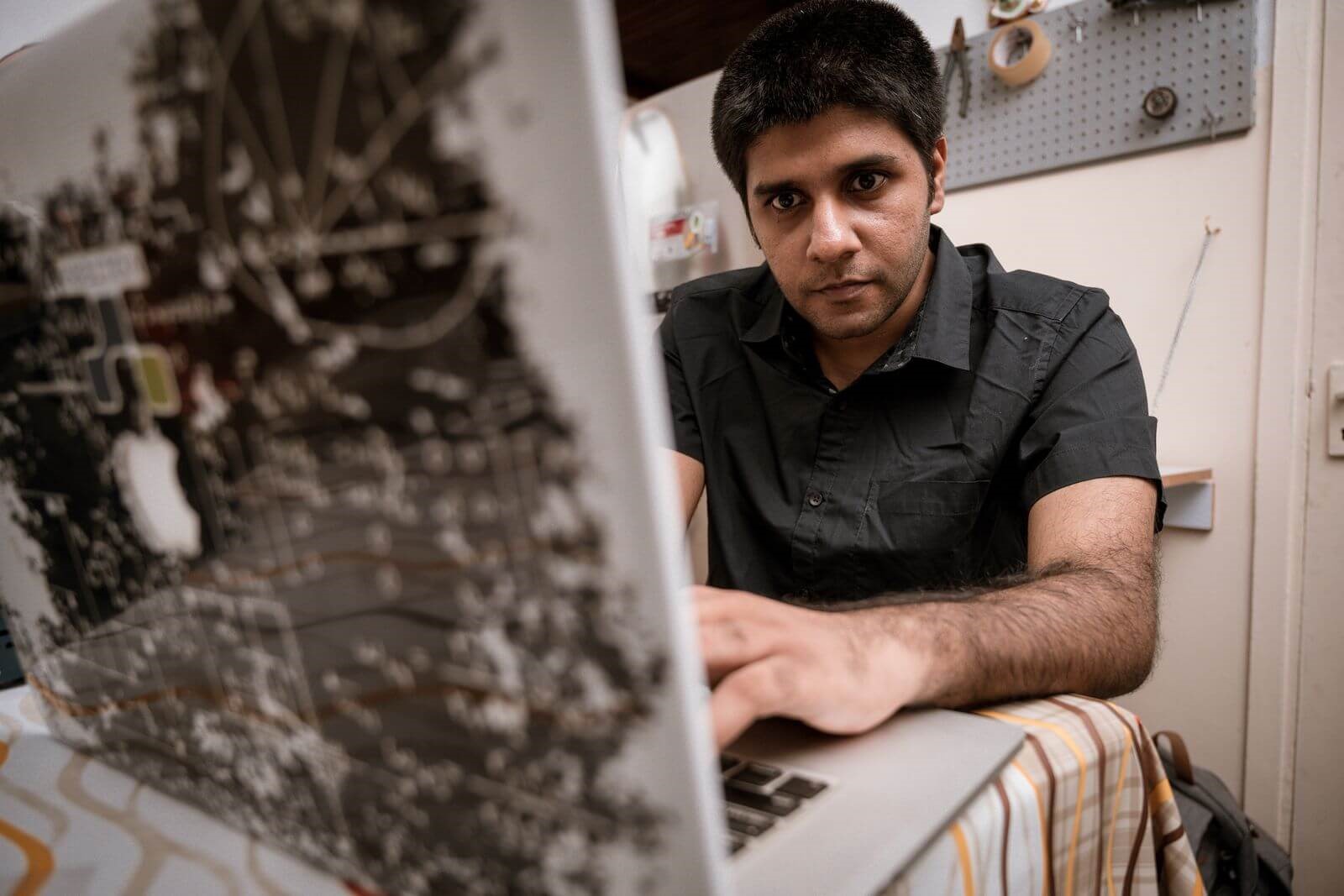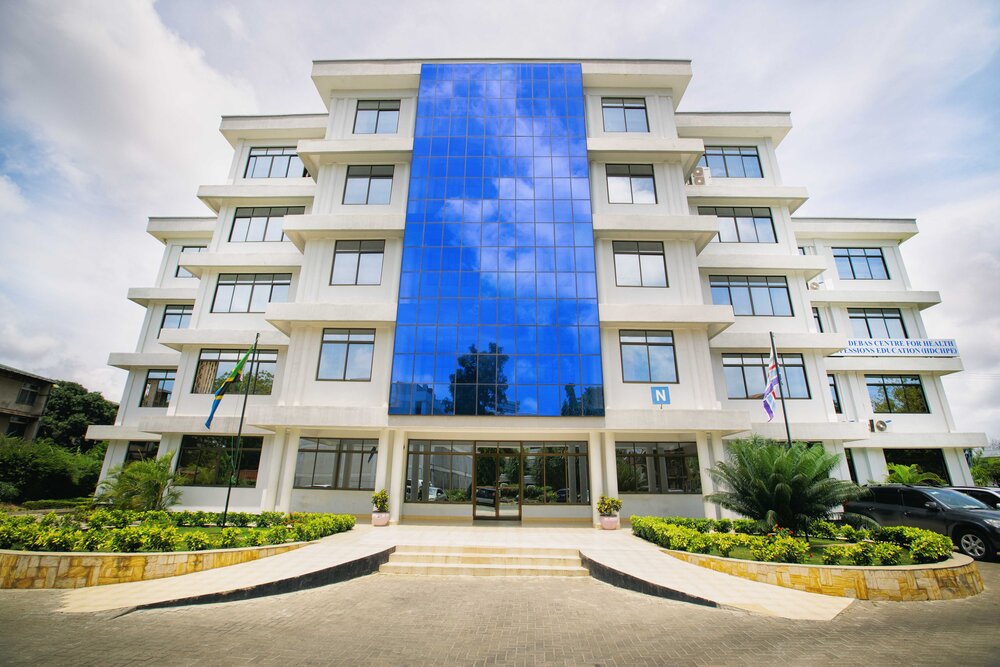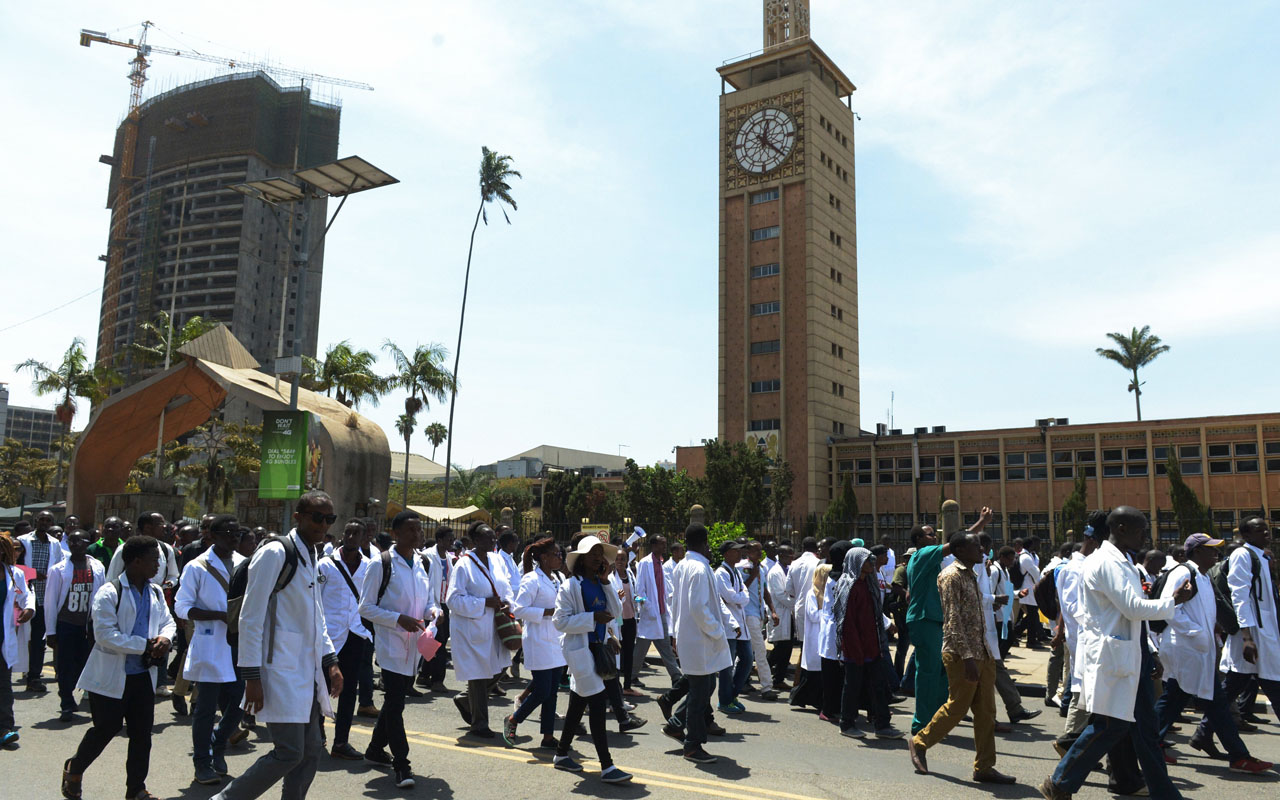As our country moves toward a holistic healthcare system that cherishes the power of our ancestral knowledge, traditional medicine practitioners take center stage, and a crucial process awaits: registering the medicines you produce so they can be integrated into the formal health system.
This is not just an administrative exercise; it’s a critical step towards recognizing and unlocking the value of traditional medicine, as per our country’s Health Sector Strategic Plan five (HSSP V).
Studies conducted by the World Health Organization estimate that 80% of the Tanzanian population rely on traditional medicine for some or all of their healthcare needs. This reliance speaks volumes about the effectiveness and cultural significance of these practices. However, it also highlights the need for standardization, quality control, and integration into the broader healthcare system.
By registering your medicines, practitioners open doors to immense possibilities. Imagine a herbal concoction, prepared with generations-old wisdom, sitting on the shelf of a government hospital, dispensed by a trained healthcare professional alongside conventional drugs. Imagine the synergy that can arise from combining the best of both worlds, offering patients a wider range of treatment options tailored to their individual needs.
Furthermore, registration opens up avenues for research and development. Tanzanian plants and minerals hold untapped potential for new medicines and treatments. Formalizing the traditional medicine sector will grant researchers access to this vast library of indigenous knowledge, paving the way for scientific validation and potential commercialization. This can not only improve healthcare within Tanzania but also contribute to the global search for solutions to critical health challenges.
We understand that some apprehension may exist around registration. Concerns about intellectual property rights, bureaucratic hurdles, and potential loss of control are valid. We want to assure that the government is committed to addressing these concerns and creating a transparent, supportive environment for traditional medicine practitioners.
The Traditional Medicine Act of 2002 serves as a strong foundation, and we are actively working on simplifying the registration process and providing resources to guide practitioners through the steps.
Moreover, the benefits of integration are undeniable. On top of aligning with the global health development agenda on Universal Health Coverage(UHC), there is Increased access to healthcare, potential for higher income through wider distribution channels, and the recognition of your expertise and knowledge are just some of the advantages that await. Remember, seven hospitals in Tanzania are already utilizing traditional medicine, serving as beacons of success and demonstrating the positive impact of collaboration.
The construction of the National Institute of Medical Research (NIMR) Mabibo factory further adds to this momentum. This state-of-the-art facility will provide a platform for production, quality control, and standardization of traditional medicines, further enhancing their acceptance and marketability. With its completion projected for early this year, NIMR Mabibo symbolizes the government’s commitment to supporting the growth and innovation within the traditional medicine sector.

This is not simply a call to register; it’s an invitation to be part of a historical transformation. Let us come together, practitioners, researchers, and policymakers alike, to build a healthcare system that embraces the wisdom of our ancestors while remaining open to scientific advancements. Together, we can ensure that traditional medicine not only survives but thrives, offering healing and hope to generations to come.
By embracing registration, integration, and innovation, we can unlock the full potential of Traditional Medicine in our country and forge a path towards a healthier, more inclusive healthcare system for all. Let us embark on this journey together, united by our passion for healing and driven by the immense hope that lies ahead.









